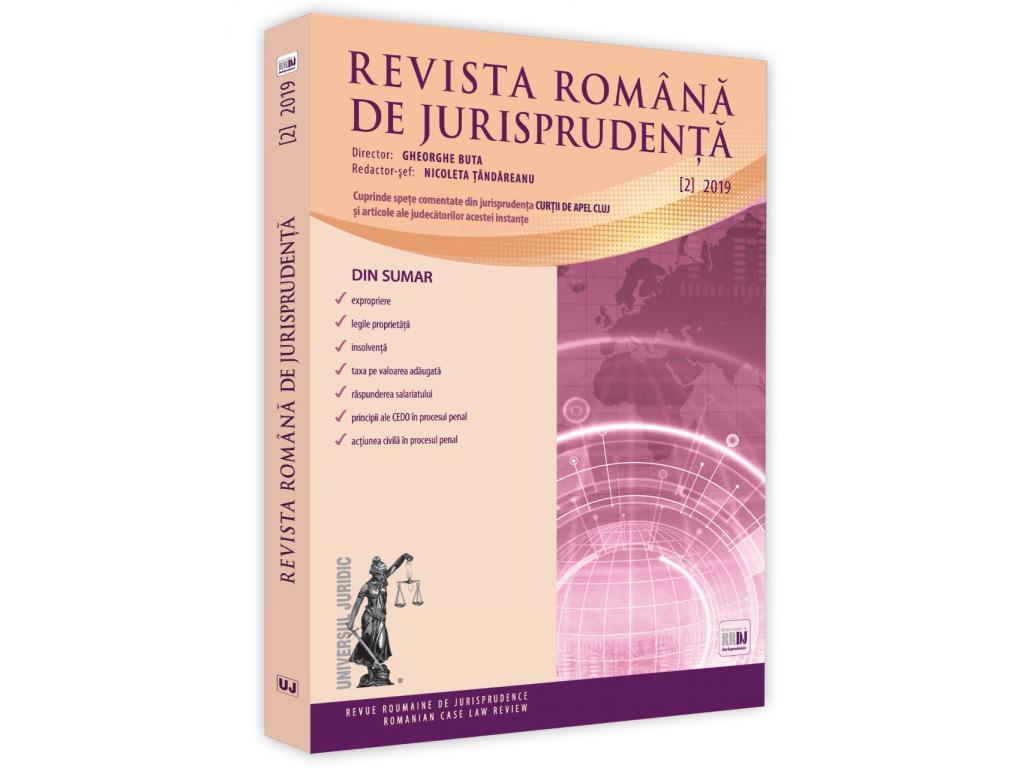VAT mentioned on the invoice, in the absence of a taxable operation. The obligation to pay it. Union principles of substance over form and tax neutrality. Applicability
DREPTUL CONTENCIOSULUI ADMINISTRATIV ŞI FISCAL
Abstract
All persons mentioning VAT on an invoice or other document used as an invoice are taxpayers. According to Art. 167 and Art. 63 of Directive 2006/112, the right to deduct invoiced VAT is connected to the actual performance of a taxable operation and the exercise of this right does not include the VAT payable, under Art. 203 of this Directive, exclusively because it is mentioned on the invoice. However, the risk of loss of tax revenue is not completely eliminated, in principle, as long as the recipient of an invoice erroneously mentioning VAT still has the possibility to use it for such exercise under Art. 178 a) of Directive 2006/112. The obligation under Art. 203 of the Directive aims at eliminating the risk of loss of loss of tax revenue, which can be generated by the right of deduction provided by Art. 167 et seq. As regards the principle of tax neutrality, which inherent to the VAT common system, according to para. 41 of Judgment Stroy trans EOOD, which refers to the treatment of VAT invoiced without being payable, in the absence of a taxable operation, CJEU stated that, from Directive 2006/112, it resulted that the two involved operators are not mandatorily treated identically as long as the invoice issuer did not correct that invoice, as results from para. 29-33 of the same judgment. The issuer of an invoice owes the VAT mentioned on this invoice even in the absence of a taxable operation, according Art. 203 of Directive 2006/112. On the other hand, the exercise of the right of deduction of the recipient of an invoice is limited only to the taxes corresponding to an operation subject to VAT, under Art. 63 and Art. 167 of this Directive. In such situation, compliance with the principle of tax neutrality is ensured by the competence of the Member States to provide for the possibility to correct any tax invoiced without being due, provided that the issuer of the invoice proves its good faith or when they completely eliminated, in due time, the risk of loss of tax revenue.








